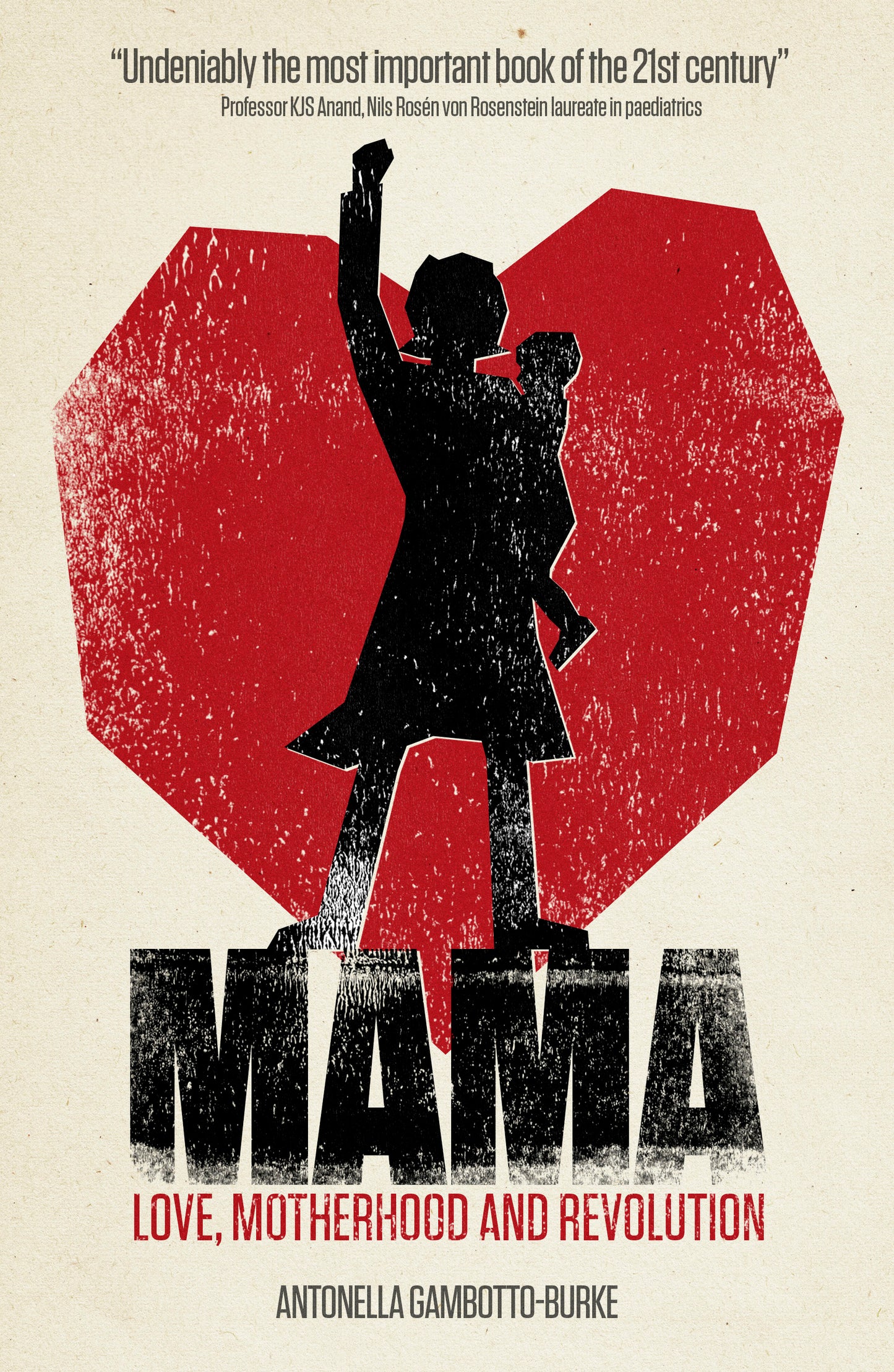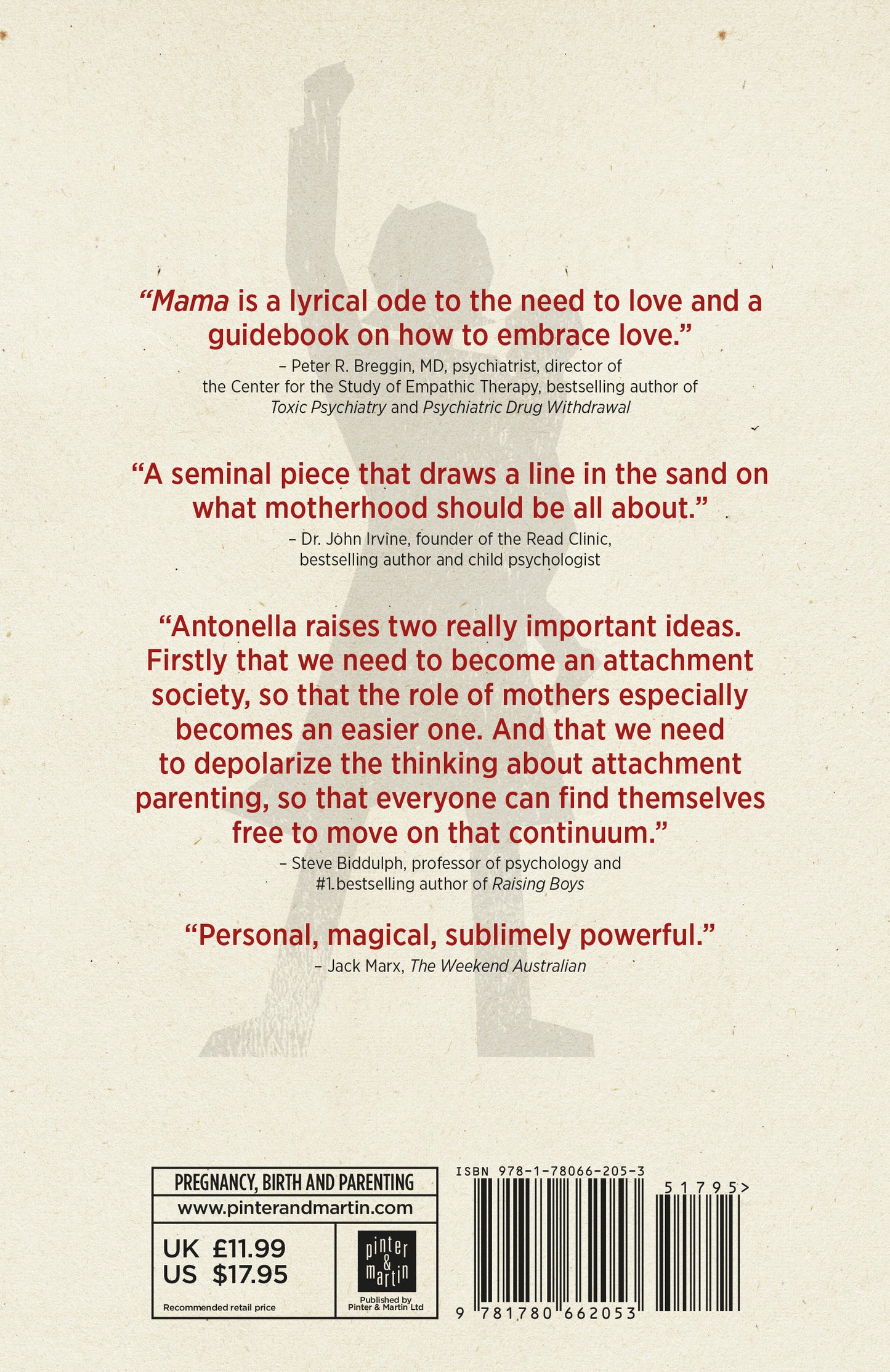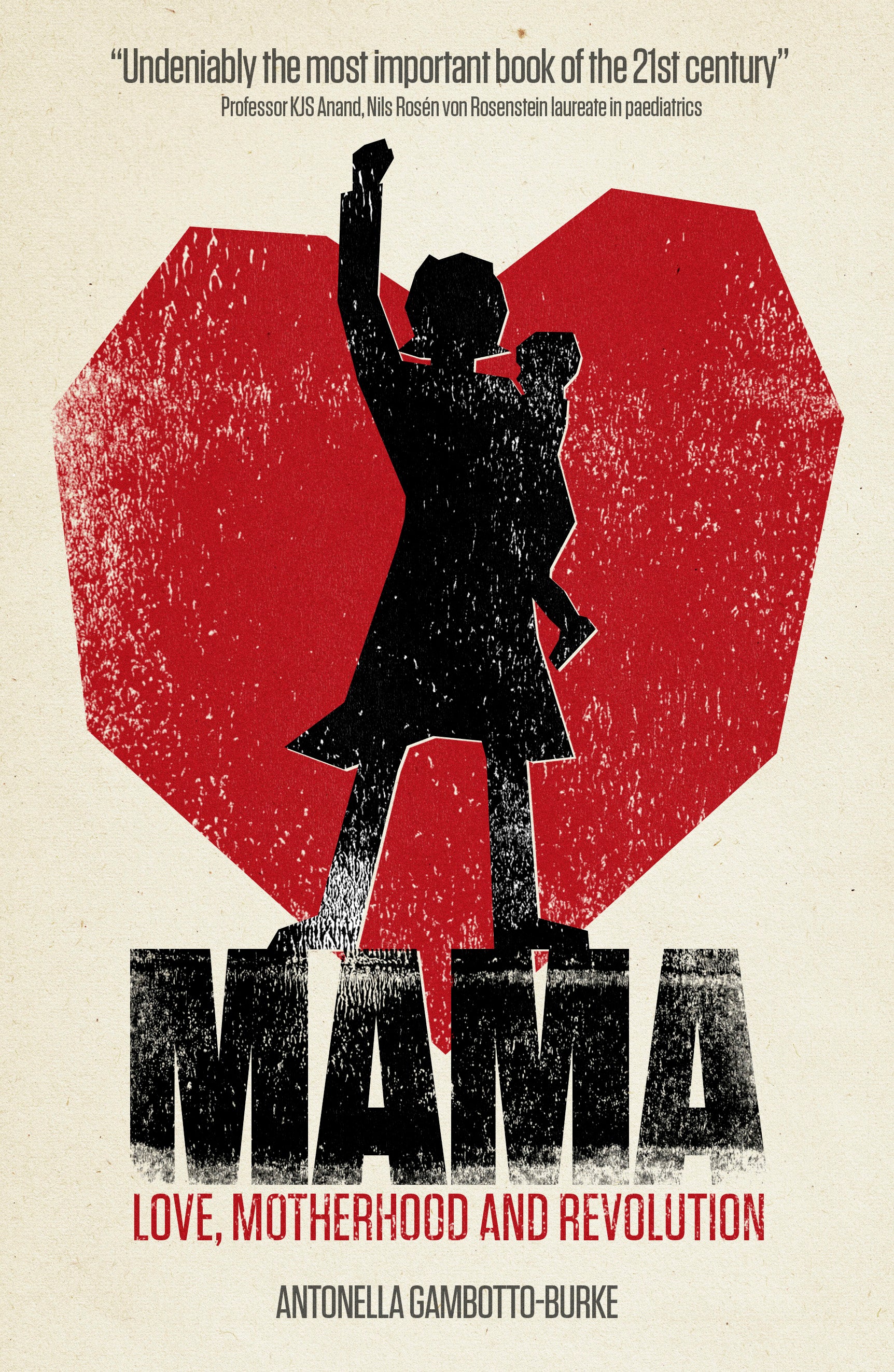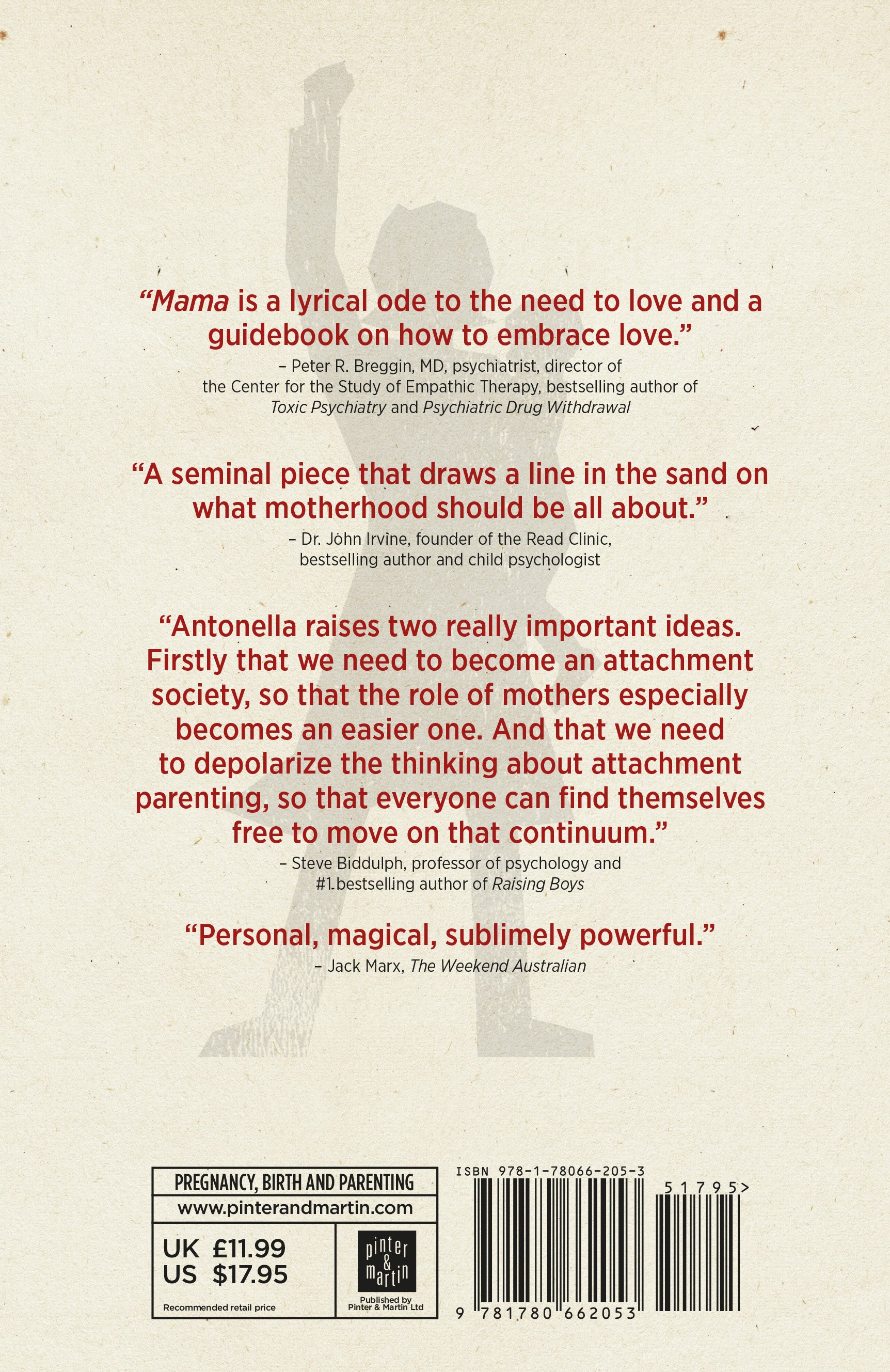Pinter & Martin
Mama: Love, Motherhood and Revolution
Mama: Love, Motherhood and Revolution
OFFER: 3 for 2 on all our books. We ship to the UK only. For other bookshops that stock our books see here.
Couldn't load pickup availability
How different would your life be if your priority were love? In this groundbreaking book, Antonella Gambotto-Burke encourages a complete re-evaluation of motherhood, showing that our lack of respect for maternal love is at the root of our widespread dissatisfaction with modern life.
Written from the heart of a woman who was herself revolutionised by her experience of motherhood, this is a book that challenges, comforts and inspires, offering positive solutions through personal revelation and intellectual exploration with some of the greatest visionaries of childcare. Mama is not only the key to a better world, but to a better relationship – with yourself, your child and your life.
Share
ISBN: 9781780662053
Number of pages:
Published:
View full details



